The question of Seoul vs Tokyo is a difficult one to answer, and becomes more so the more time I spend in either city. Both of these Asian metropolises are paradises for travelers for reasons that are very different—and some that are surprisingly similar.
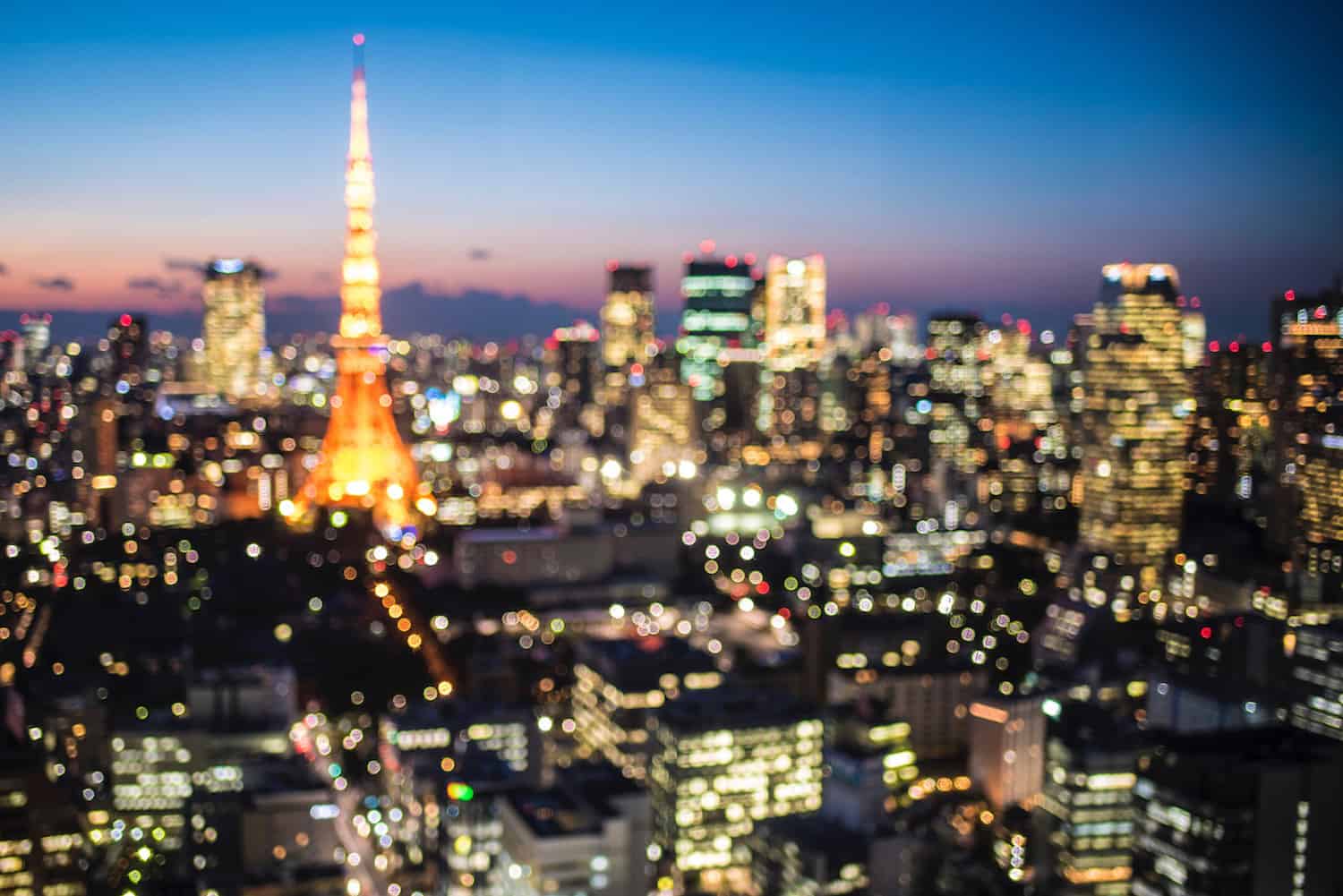
In some ways, each is the quintessential Asian city, with sprawling skylines, an alluring mix of ancient and modern structures, pulsating nightlife and street food markets bathed in neon light. Just as it’s futile to choose between New York or Los Angeles and London or Paris, so too are Tokyo and Seoul equally indispensable to the Eastern traveler.
Regardless of which city you choose (or if you’re able to find a way to visit both—this is the optimal outcome), I’ll help you with practical information like the best place to stay in Tokyo, answer esoteric questions (where is the soul of Seoul, anyway?) and take you on a trip before you even depart.
My Own Travel Experience in Seoul vs Tokyo
I’ll be blunt: I liked Tokyo (and Japan in general) much more immediately than I liked Seoul (or Korea in general). And it had almost nothing to do with tangible considerations. (Is Seoul expensive? Of course it is—big surprise!) Ironically, I initially found Seoul to be rather soulless, an impression the weather when I visited (30ºC and hazy, white skies) didn’t help to shake.
However, repeat trips to the capital of South Korea have helped equalize my opinions of the two cities—and not just because I traded inconvenient (but charming) hanok properties for some of the best hotels in Seoul, i.e. the modern part. Tokyo is like a social butterfly that’s immediately likable, while Seoul is the wallflower you need to speak with many times (and potentially at many parties) to truly get to know.
Important Ways to Compare Tokyo vs Seoul
Seoul vs Tokyo Hotels
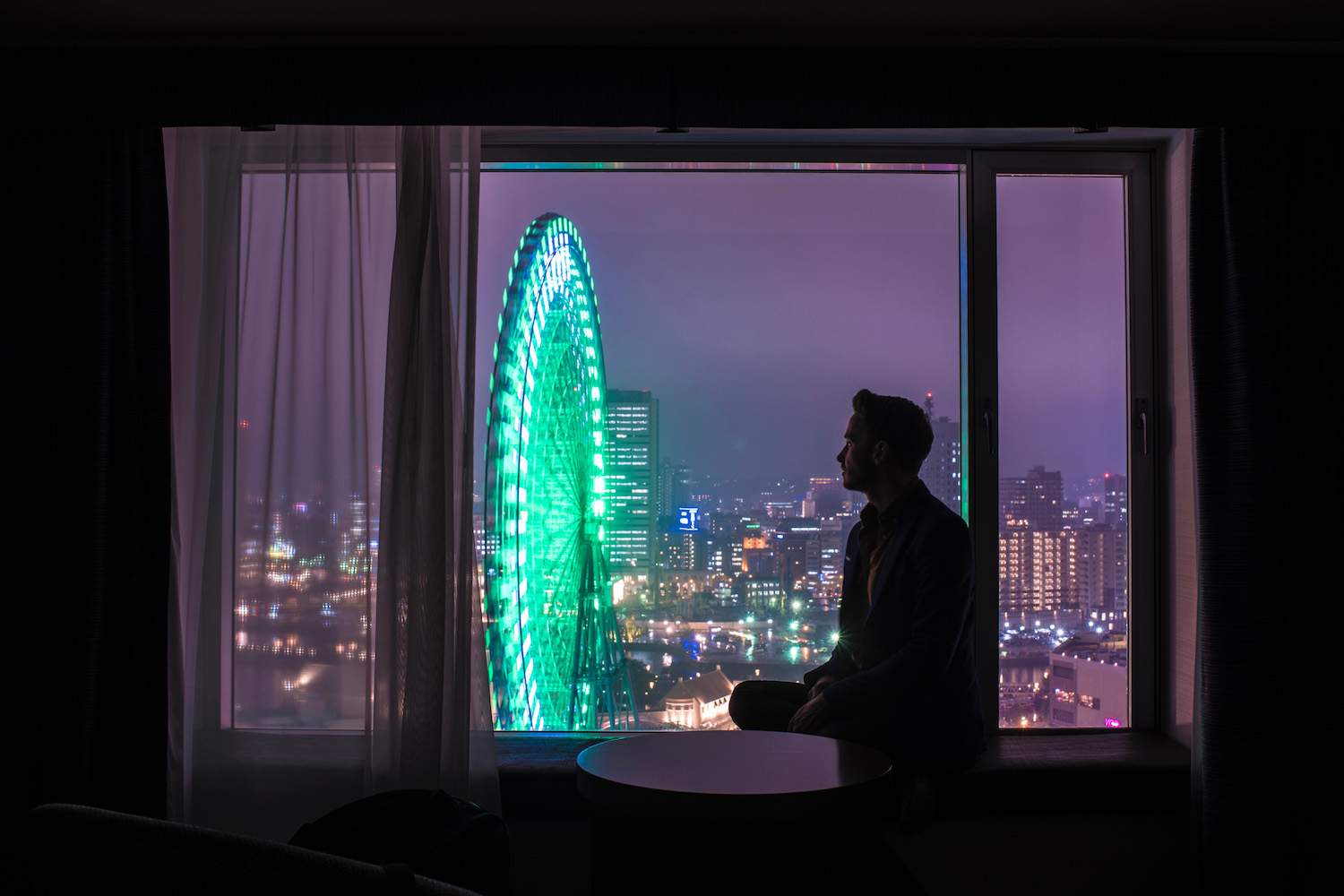
A very important (and very practical) way to compare Tokyo vs Seoul is in terms of where to stay—and in this regard, I’d say the cities are pretty similar. Whether you’re comparing specifically accommodations (and accommodation levels, in this case boutique) like Royal Hotel Seoul and Hotel the Celestine Ginza in Tokyo, or pitting neighborhoods like Shinjuku against Myeongdong or Akihabara against Gangnam, the cities are pretty even in this category.
Tokyo vs Seoul Attractions
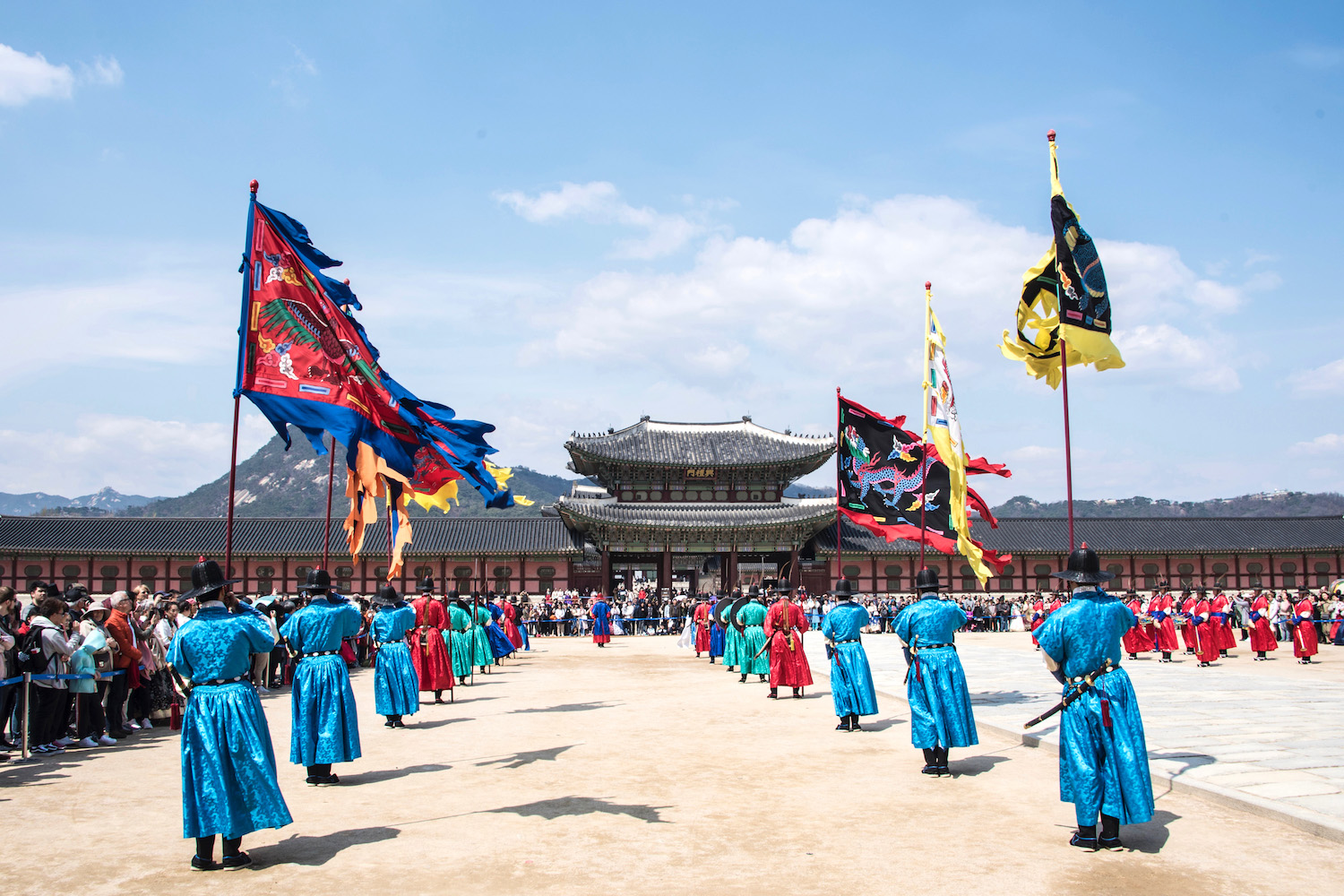
In one way, when considering things to do in 3 days in Seoul vs a similar amount of time in Tokyo, these are also relatively congruent. Just as a trip to Tokyo allows you to contrast the futuristic Tokyo Sky Tree with ancient Senso-ji temple, you can travel from Gyeongbukgung Palace to the N Seoul Tower in mere minutes. With this being said, I do find Tokyo slightly more satisfying to explore, if only because its flatter geography makes urban walks less strenuous—and I say this is an extremely fit person.
Cost of Traveling in Seoul vs Tokyo
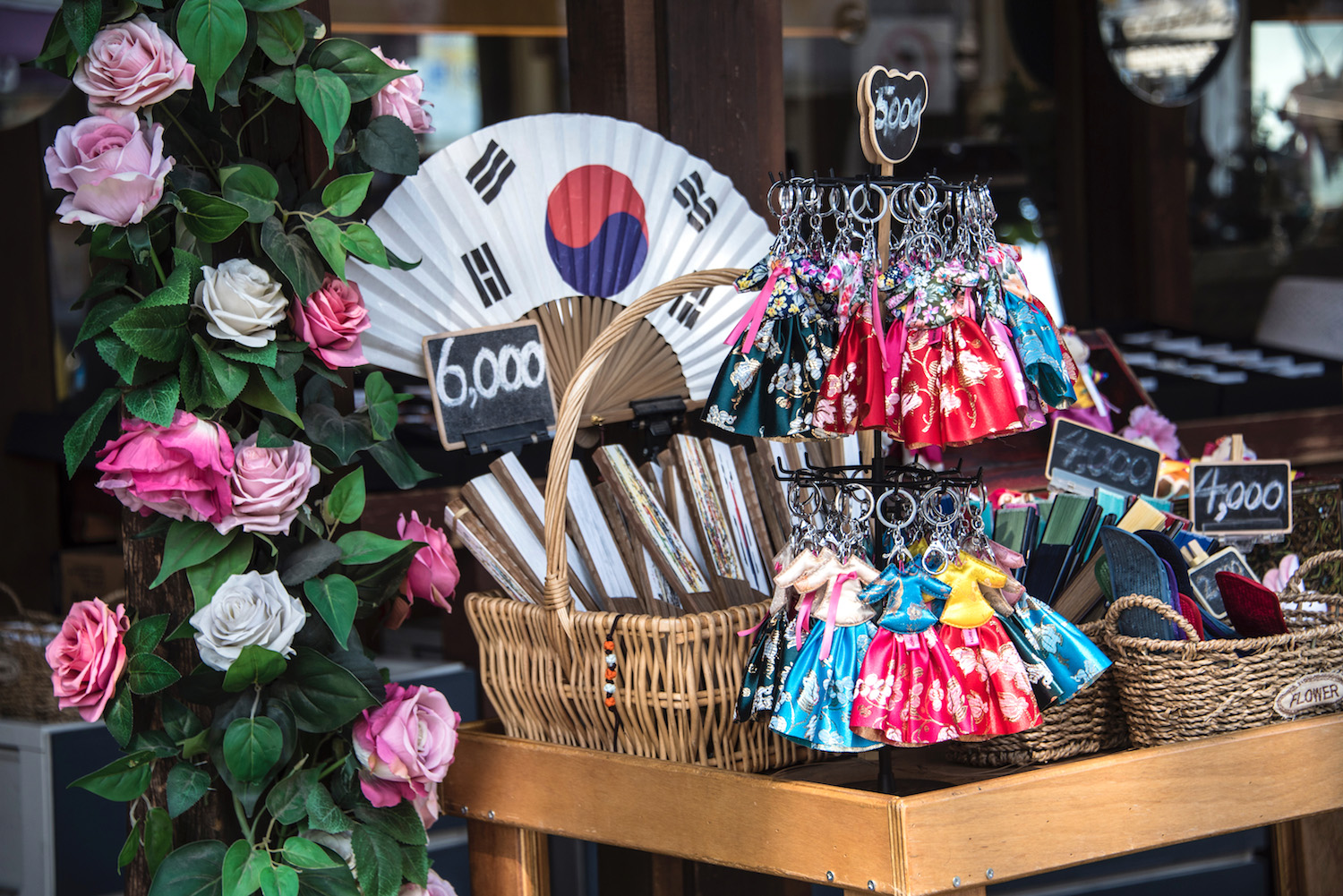
Tokyo seems slightly more expensive than Seoul, but not in every category. For example, while hotels in Tokyo are uniformly more expensive, I find Tokyo street food to be cheaper than Seoul’s, especially when taking into account “fancy” items like Korean grilled lobster tails and scallops. Seoul’s subway, meanwhile, is slightly cheaper than Tokyo’s, though travelers with a Japan Rail Pass can ride (public) railways for free, equalizing this aspect as well.
Food in Seoul vs Tokyo
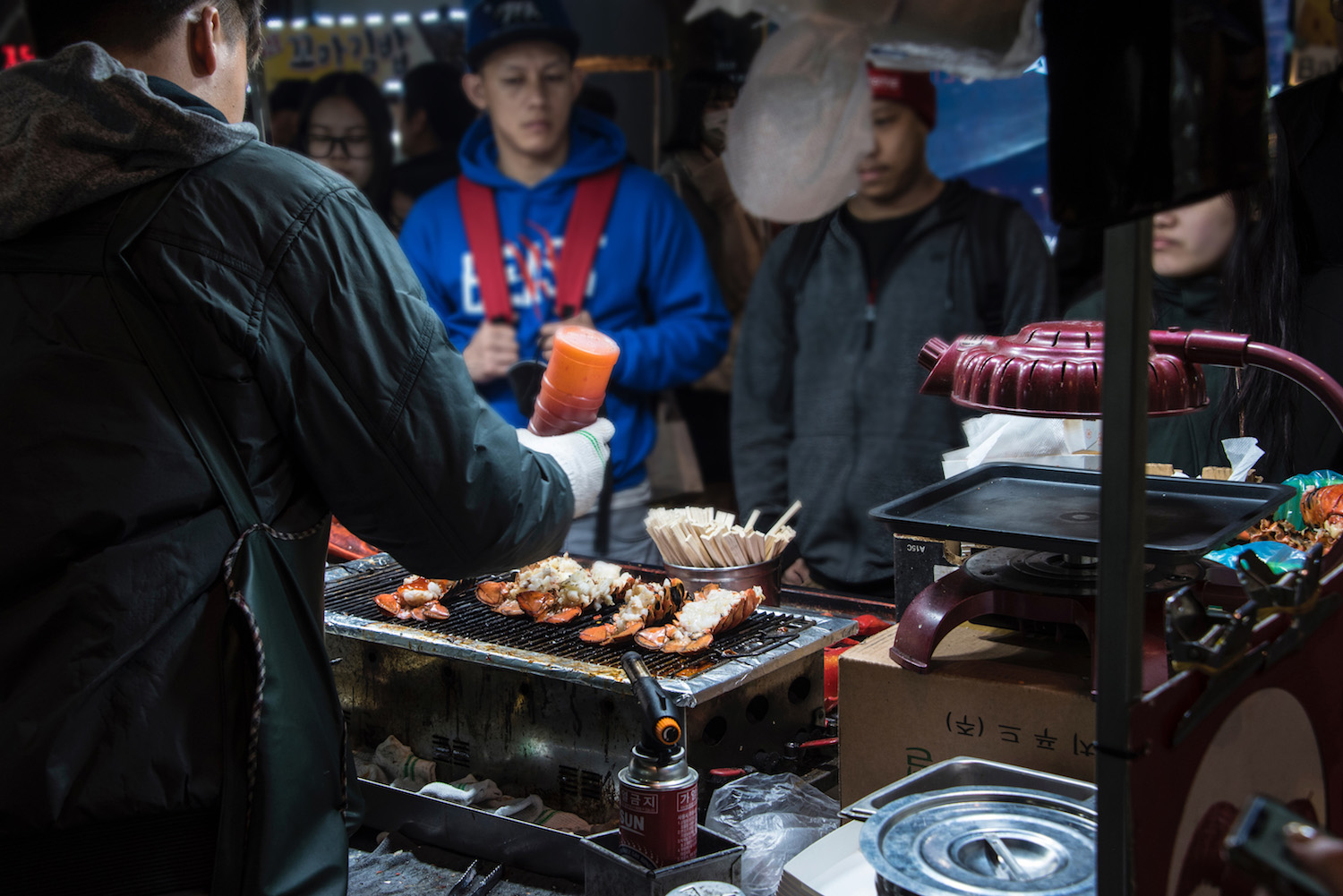
Speaking of food, this is a toughie when it comes to Seoul vs Tokyo, precisely because of Seoul’s impressive street food swagger. With this being said, Japanese cuisine is simply more diverse and interesting than what you find in Korea, even if multiple return trips have allowed me to transcend barbecue and bulgogi. In Tokyo a single day in Tokyo you can go from sushi to tonkatsu to Teppanyaki—Seoul can’t touch that progression.
Day Trips from Tokyo and Seoul
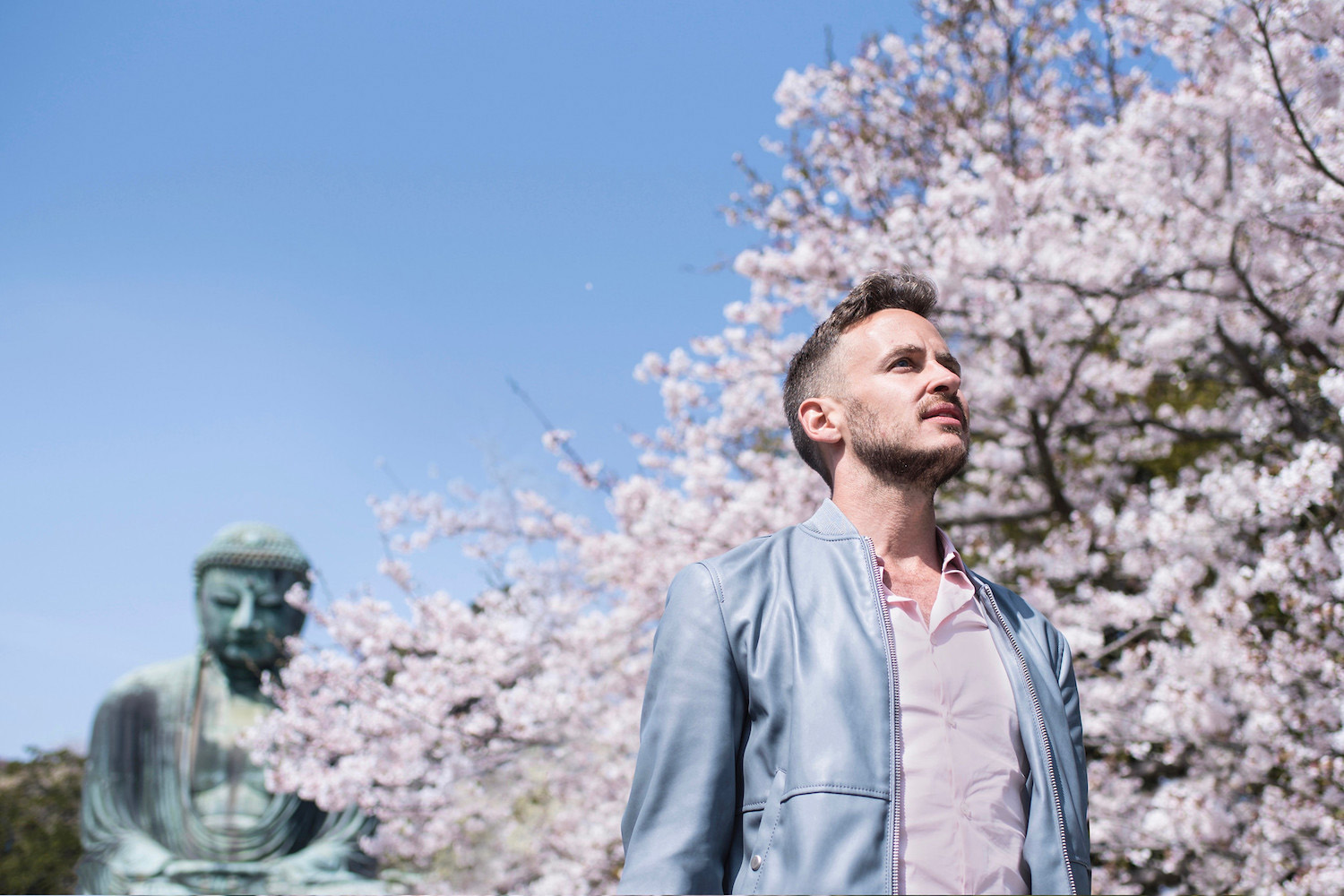
Let’s step away from the best food in Seoul and Tokyo, however, because I’m getting hungry—now let’s talk about day trips. Browsing through this site, you might think it’s obvious where my head is on this issue, since I wrote an entire post about day trips from Tokyo. However, while nowhere in the league of Nikko (or certainly Mt. Fuji) exists, an excursion to Seoraksan National Park or even the DMZ with North Korea is a lot of fun.
How Long to Spend in Tokyo and Seoul
Tokyo and Seoul are both absolutely massive cities—the longer you can spend in each the better. I would recommend a minimum of 5-7 days in Tokyo and Seoul, especially if it’s your first trip to either.
This is not just because Tokyo and Seoul are cities of neighborhoods, which cover as much geographical and cultural ground as many US states and small European countries. It’s because whether you’re talking about Tokyo vs Seoul, there are many day trips you can take as well. This is not only true for Tokyo, whose selections are so which I’ve written a separate post about day trips from Tokyo, but because Seoul, as the “primate city” of South Korea, is theoretically day-trip distance from anywhere in the country.
Plan Your Trips to Seoul and Tokyo
Whether you find your mind occupied with more objective questions (is Tokyo expensive? is Seoul freezing cold in winter?) or daydreaming about the most esoteric aspects of exploring East Asia’s flagship cities, the science of planning can sometimes seem impossible amid questions, even if they’re not of the most artistic sort. The posts I’ve linked thus far (and will link the last few paragraphs) might also prove insufficient to push you toward your final decision.
The Bottom Line
Is Seoul vs Tokyo the right Asian city for you? (Spoiler alert: If this was a yes-or-no question, I wouldn’t have had to write an entire blog post about it!) With this being said, I believe the reasons I’ve laid out here are clear and logical—the majority of you should’ve easily made decisions by now.

Robert Schrader is a travel writer and photographer who’s been roaming the world independently since 2005, writing for publications such as “CNNGo” and “Shanghaiist” along the way. His blog, Leave Your Daily Hell, provides a mix of travel advice, destination guides and personal essays covering the more esoteric aspects of life as a traveler.








